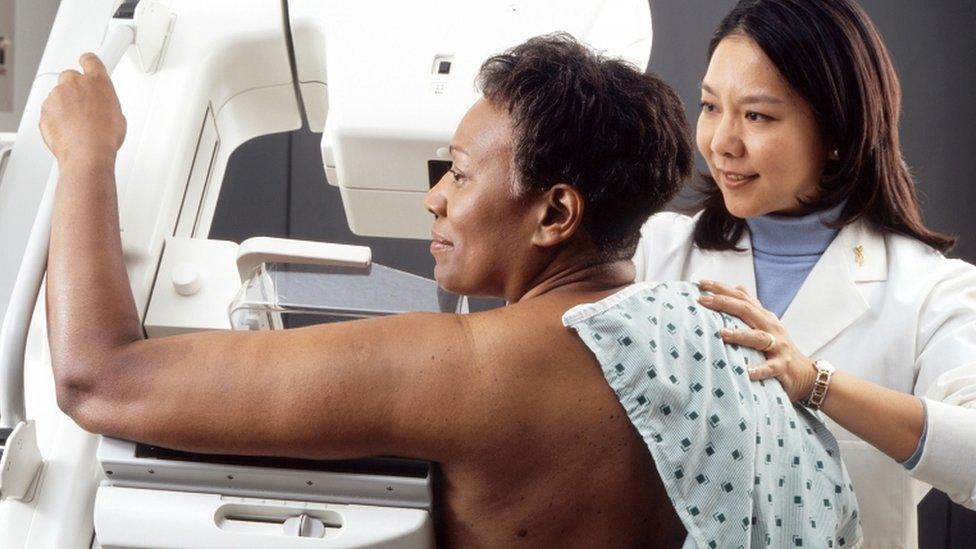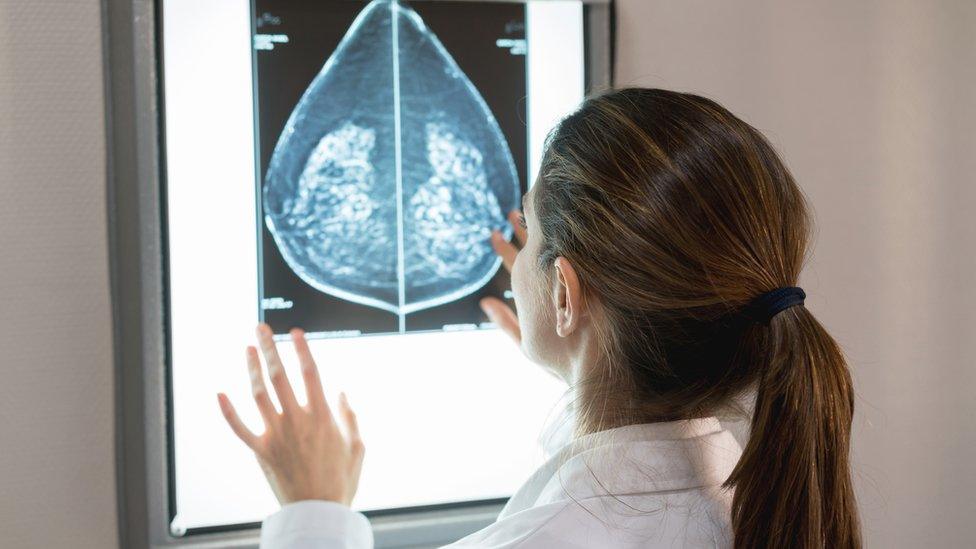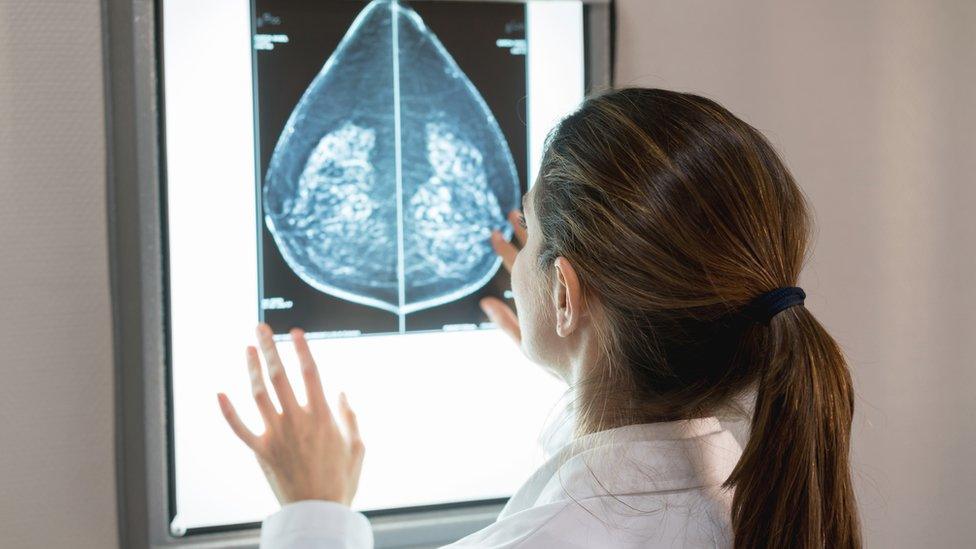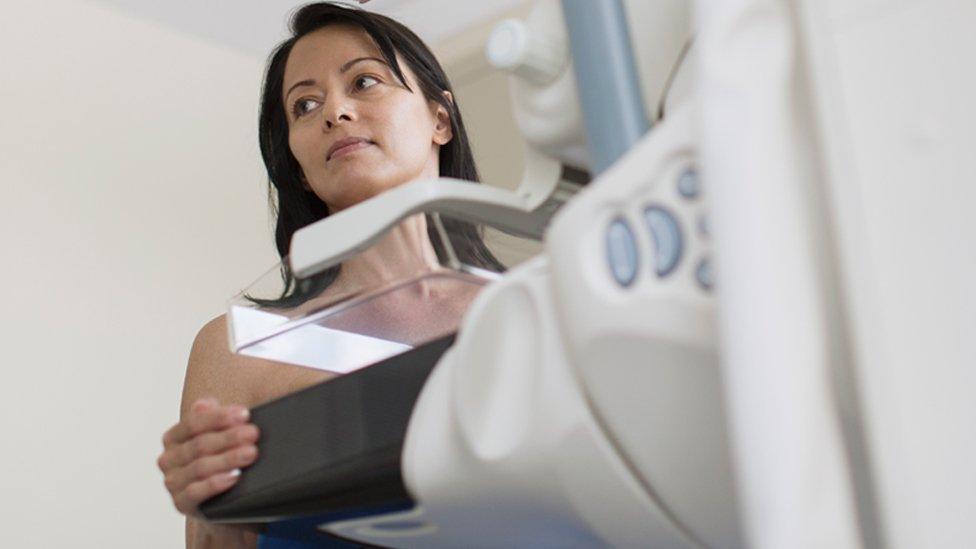Breast cancer screening process in Scotland to change
- Published

NHS Scotland is to change the way women are called to breast cancer detection appointments after previous errors in the screening programme.
Women aged 50 to 70 are invited for appointments once every three years, based on their GP practice.
The programme is currently delivered via six breast screening centres across the country, complemented by 20 mobile screening units.
The review has made 17 recommendations to strengthen and improve services.
The changes proposed include:
A more "person-centred" approach based on calling individual women - rather than the GP practice where they are registered - to set their next test date.
Greater flexibility of appointments to provide better access and uptake, with more contact such as texts or phone calls to keep appointments on patients' radar.
An online appointment cancellation and rebooking system to provide greater individual convenience.
Evening and weekend appointments and more availability in rural and semi-urban locations.
It screens around 750,000 women in each three-year round, and seven women in every 1,000 are found to have invasive cancer.
'Lower levels of uptake'
Women aged 71 and over will be allowed to self-refer for appointments again from this autumn, after a "Covid pause".
This will be phased in and will not impact the main screening programme, the Scottish government confirmed.
The report said women in more deprived locations were less likely to attend for breast screening, with figures showing fewer than six in 10 (59.5%) were getting checked.
This compared with almost eight in 10 women (79.7%) in the least deprived areas of Scotland.

The report said: "In this review we geographically mapped uptake across Scotland, and whilst we can see that most areas meet or exceed the minimum uptake standard expected (70%), and small areas of under-target performance can be identified across Scotland, the central belt of Scotland has by far the greatest concentration of areas of lower levels of uptake."
The review also recommends exploring artificial intelligence (AI) further in breast screening mammography, and developing a workforce plan to focus on areas such as training and leadership.
'Sufficient capacity'
The recommendations will be taken on by a new Breast Screening Modernisation Programme Board, chaired by Dr Marzi Davies.
Dr Davies said the board represented "an exciting opportunity to ensure resilience and deliver a sustainable, more person-centred breast screening programme in Scotland".
"I'm privileged to have been asked to lead this work, which will drive improvements in a number of areas and build upon an already high-quality and effective service," she added.
Public Health Minister Maree Todd said the Scottish government accepted all of the recommendations in the report, "many of which are already being progressed".
"It sets out a number of key learning points and opportunities for improving how we do things, and while it was commissioned pre-Covid-19, it's important to note that the breast screening programme is still recovering from the impacts of the pandemic," she added.
"Among our immediate priorities is ensuring that there is sufficient capacity for women aged between 50-70, the recommended screening population, to be invited for screening every three years."
- Published21 January 2022

- Published30 September 2020
